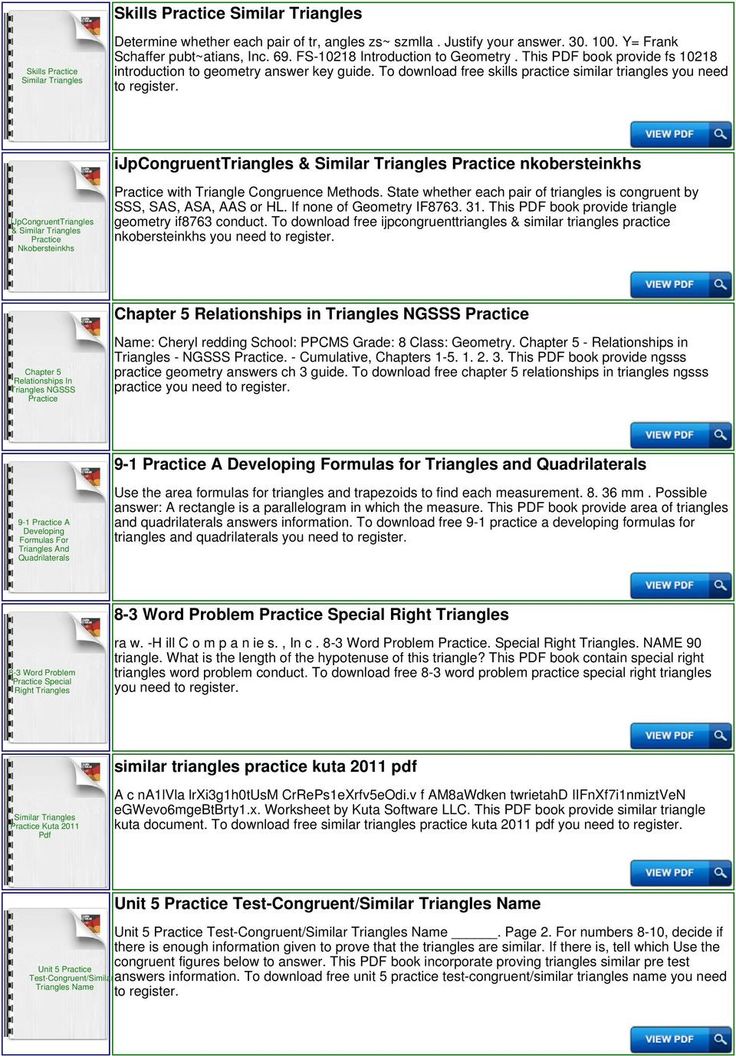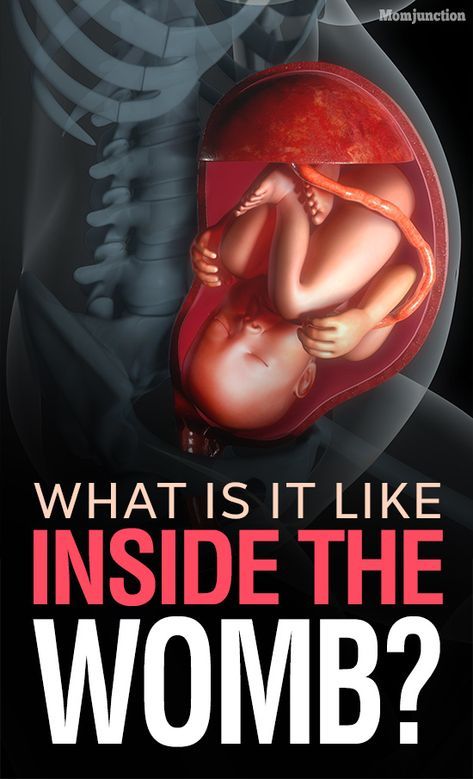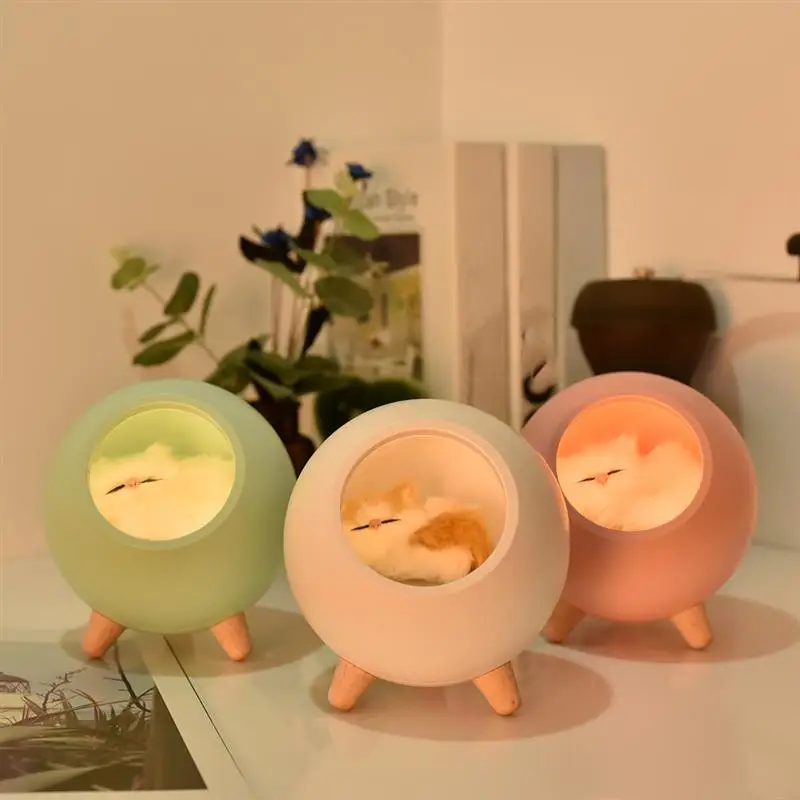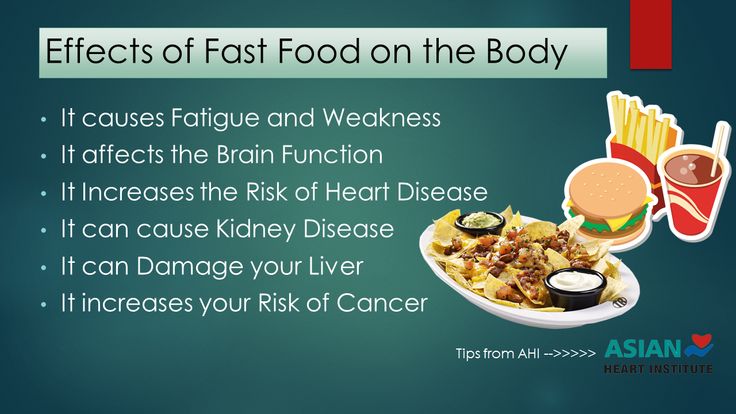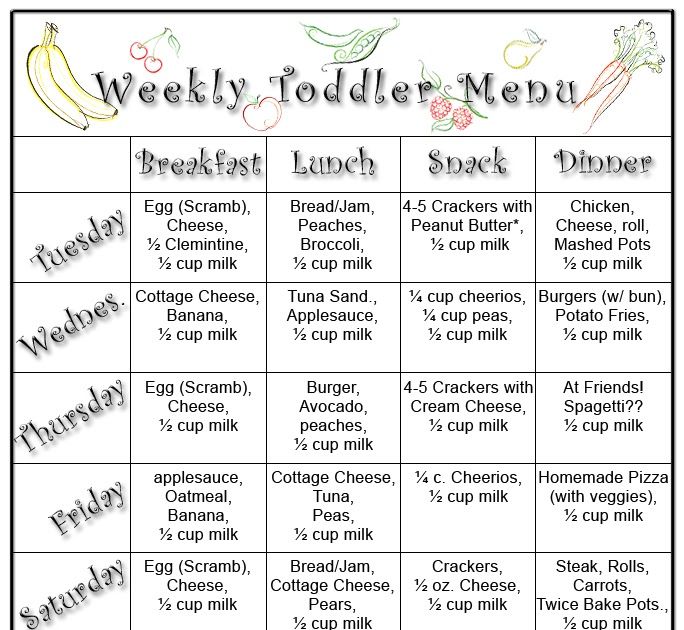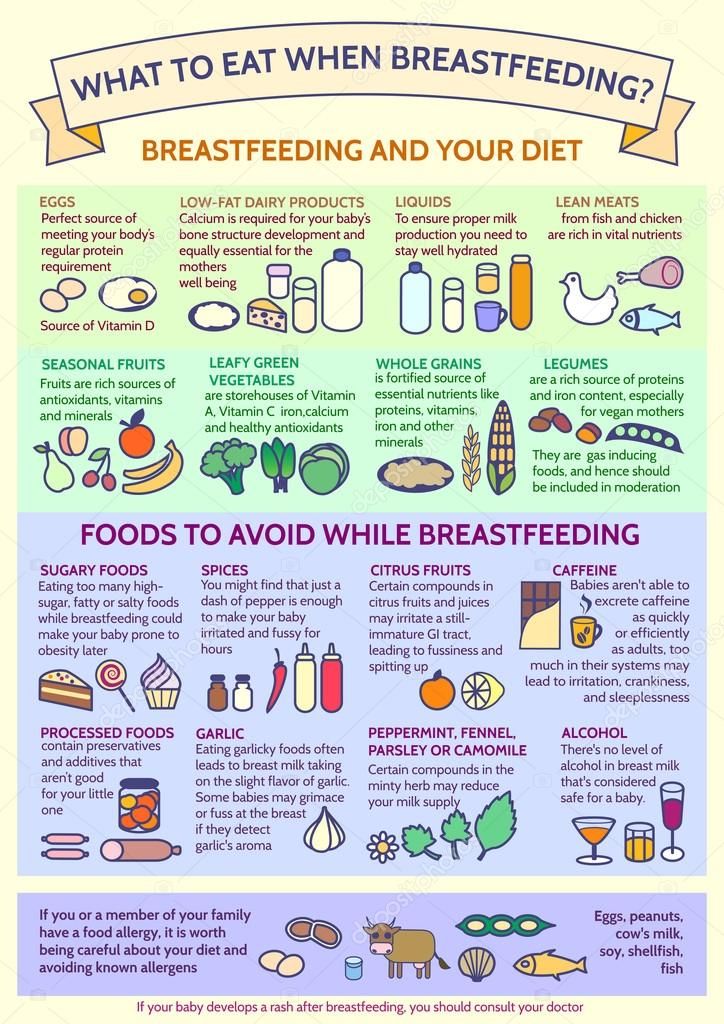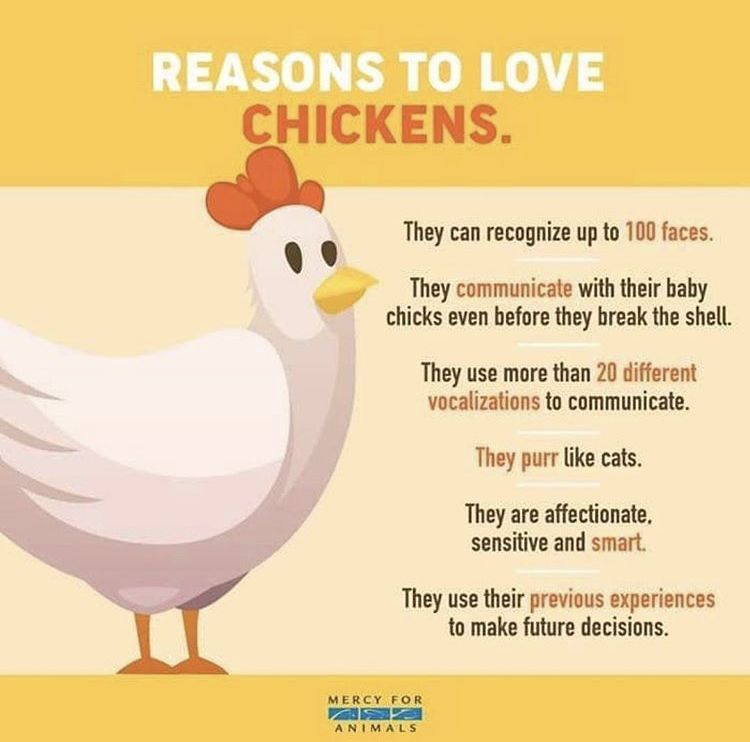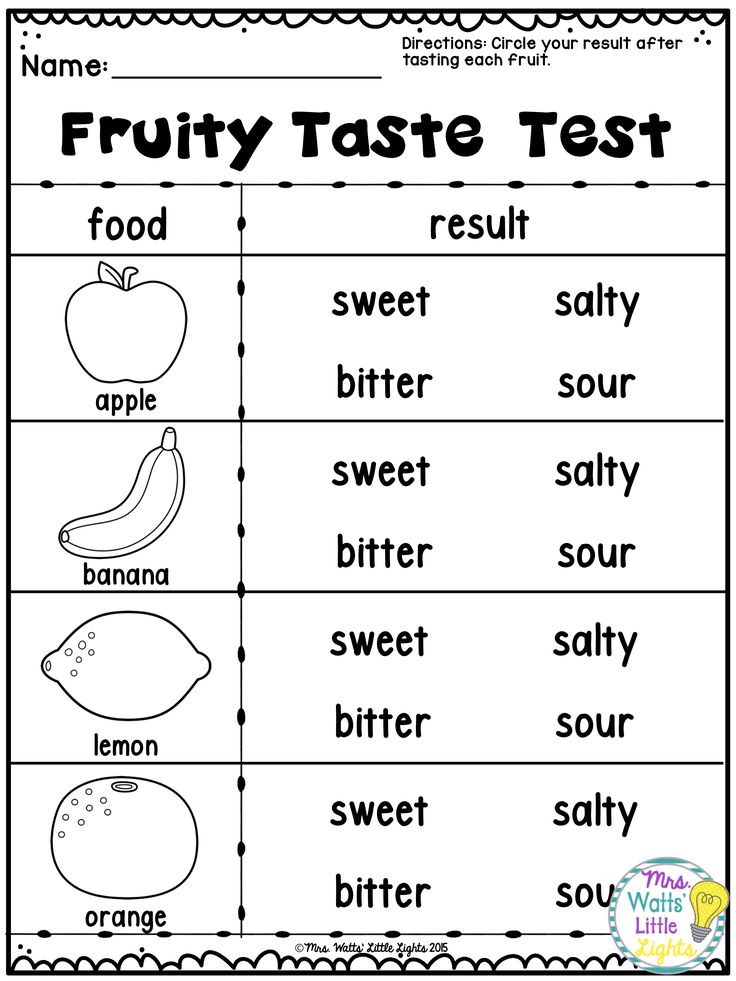Is baby food good after expiration date
How Long Is Baby Food Good For After Expiration Date?
We’re supported by moms. When you buy through links on our site, As an Amazon Associate, I may earn a commission.
If you’re anything like me, you learned long ago that you have to check the expiration date on food before throwing it into your cart. This especially applies to baby food.
When people stock things without moving the items on the back of the shelf up, they wind up with an entire shelf of expired baby food, which can then wind up in your pantry.
Thankfully, baby food is usually good if it looks good and smells good, which can be a few months after the expiration date. However, you want to make sure that you’re not feeding your little one anything that’s going to make them sick.
Table of Contents
- 1 Where To Find Expiration Dates On Baby Food
- 1.1 Check The Obvious Places
- 1.2 Where Is The Expiration Date On Beechnut Baby Food?
- 1.3 Where Is The Expiration Date On Baby Food Pouches?
- 2 What Does The Expiration Date Mean?
- 2.
1 What Does Sell By Date Mean?
- 2.2 Best By Date On Baby Food Jars
- 2.3 Isn’t Use By Date The Same Thing As The Best By Date?
- 2.
- 3 When Can You Eat Baby Food Past Its Expiration Date?
- 3.1 Baby Food Containers Or Pouches
- 3.2 Baby Cereal
- 3.3 Baby Snacks, Like Puffs
- 4 Can You Give A Baby Formula If It’s Expired?
- 5 In Conclusion
Where To Find Expiration Dates On Baby Food
Before you head to the grocery store or even begin this mission of finding out what’s safe to feed your baby, you need to know how to read an expiration date on baby food. That means finding them. Some are in obvious places, while others are not.
Check The Obvious Places
Most companies put their expiration dates in obvious places that are easy to find. Check the bottom of the jar. If it’s not there, check the top of the lid.
It can also be on the underneath of the lid, so you won’t be able to see it until you open the jar of baby food.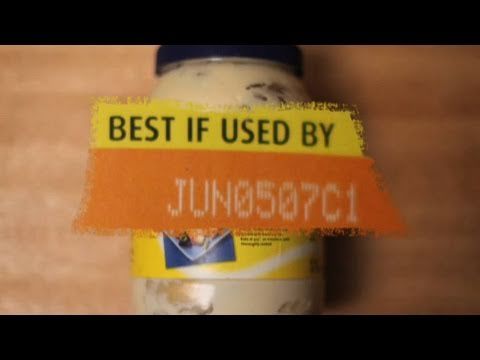 For plastic containers of baby food, check the sides. The expiration date is usually on the side, top, or bottom in plain view.
For plastic containers of baby food, check the sides. The expiration date is usually on the side, top, or bottom in plain view.
Where Is The Expiration Date On Beechnut Baby Food?
I have quite a few Beechnut baby food jars that were passed along from a friend after their child was no longer on baby food. Unlike my other baby food jars and plastic containers, the expiration date on Beechnut baby food jars was not in an obvious place.
If you’re wondering where is the expiration date on Beechnut baby food, check the side of the lid. Not the top or the underside. It should be in tiny print on the side, right where you would put your thumb if you were turning the lid. That’s where mine is.
View in gallery
Where Is The Expiration Date On Baby Food Pouches?
If you have picked up on how convenient baby food pouches are, you’ve probably got a few of them in your pantry. The expiration date can typically be found anywhere on the pouch.
If it’s not in an obvious place, check by the bar code.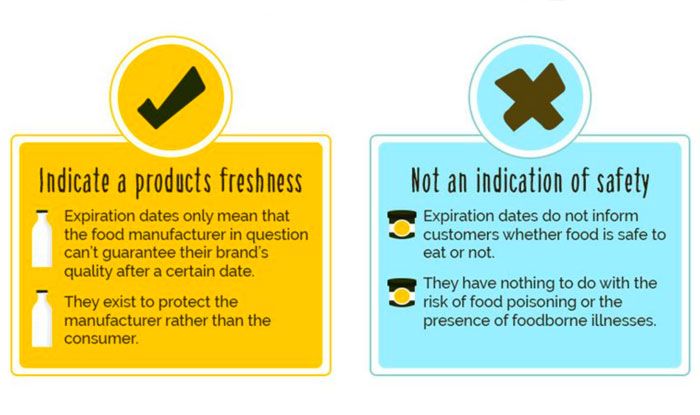 Sometimes, it’s in fine print right underneath the bar code, which can make it easy to miss.
Sometimes, it’s in fine print right underneath the bar code, which can make it easy to miss.
What Does The Expiration Date Mean?
If you’re checking out expiration dates, you’ll notice different terms used. There might be one that states sell-by and another that says best used by, for example.
Once you know what those terms mean, it can make figuring out when it’s safe to give your little one baby food a little bit easier.
What Does Sell By Date Mean?
If the product on the shelf says a sell-by date, it means that the store should sell it by that date. After that date, stores are supposed to pull it from the shelves. However, some stores are bound to miss a few products.
If you see a baby food jar with a sell-by date that has passed, don’t buy it. Instead, take it to the customer service desk and let them know. If you already have one and the sell-by date has passed, use it as soon as possible.
Best By Date On Baby Food Jars
If your baby food has a best by date on it, it means that this is when the product is at it’s best.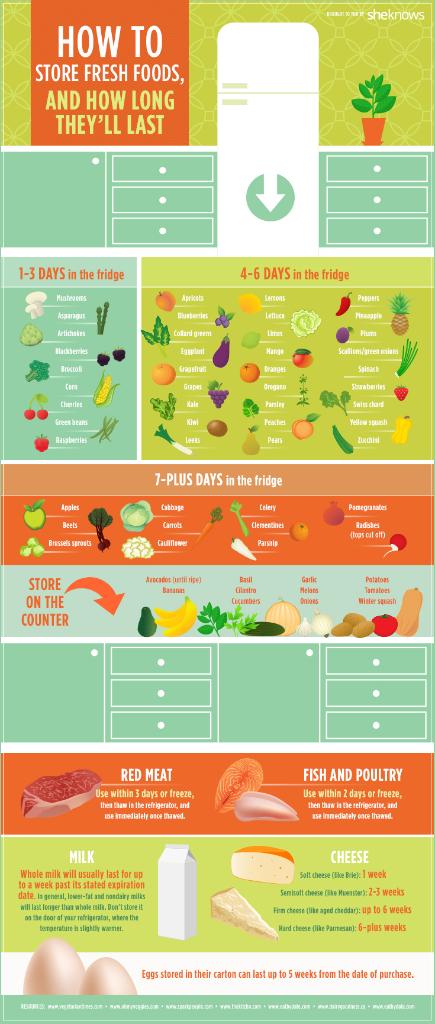 After this date passes, the overall quality of the food will begin to decrease. It will start to taste different and may smell different.
After this date passes, the overall quality of the food will begin to decrease. It will start to taste different and may smell different.
Isn’t Use By Date The Same Thing As The Best By Date?
Essentially, yes these two things mean the exact same thing. It’s simply different wording. If you have any baby food that has a use-by date on it, it means that you should use it by that date.
After this date, the quality of the food decreases, and over time it can make your baby sick.
When Can You Eat Baby Food Past Its Expiration Date?
View in gallery
Just because there is a date listed on the jar, pouch, or container of baby food doesn’t necessarily mean that the food will be toxic or inedible.
This date is used as a general guideline. Typically, there is a little bit of leeway as to what you can still feed your baby.
Baby Food Containers Or Pouches
You can still safely give your little one either of this past the expiration date. If the product has been opened, it should be thrown away within a day after being opened.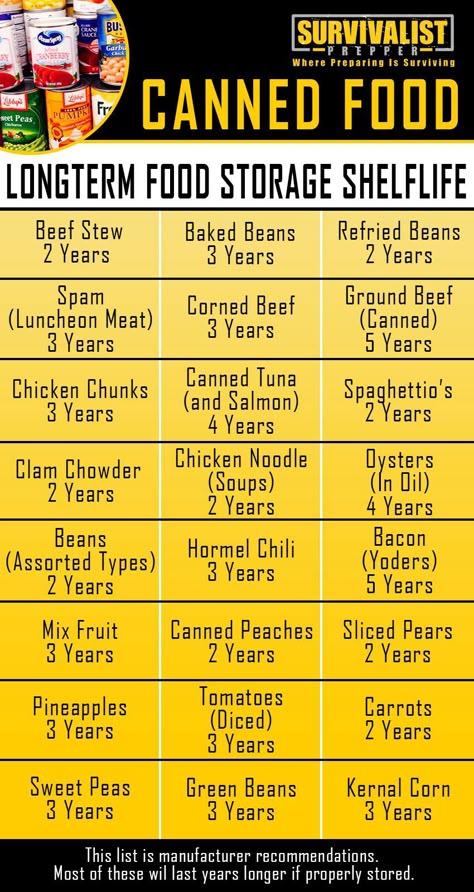
If it’s unopened, you can safely feed it to your little one for another week or two. Some people swear that if it doesn’t smell bad, it won’t be a problem.
Personally, I throw them out within a week just to be on the safe side. It’s always better to be safe instead of sorry, especially when it comes to babies.
Baby Cereal
Baby cereal will not go bad as soon as baby food does. Most grains and cereals will last months after their expiration date, and the same applies to baby cereal.
After the expiration date, baby cereal will taste a little bit different to your baby. However, it’s unlikely that your little one will get sick. You can keep this stuff in the pantry for another 3-4 months.
Baby Snacks, Like Puffs
Baby snacks usually have the same general rules that apply to baby cereal. These will remain in edible condition for another 3-4 months, but they will taste different than they normally would.
It’s best to use them as soon as possible if the use-by date is coming up.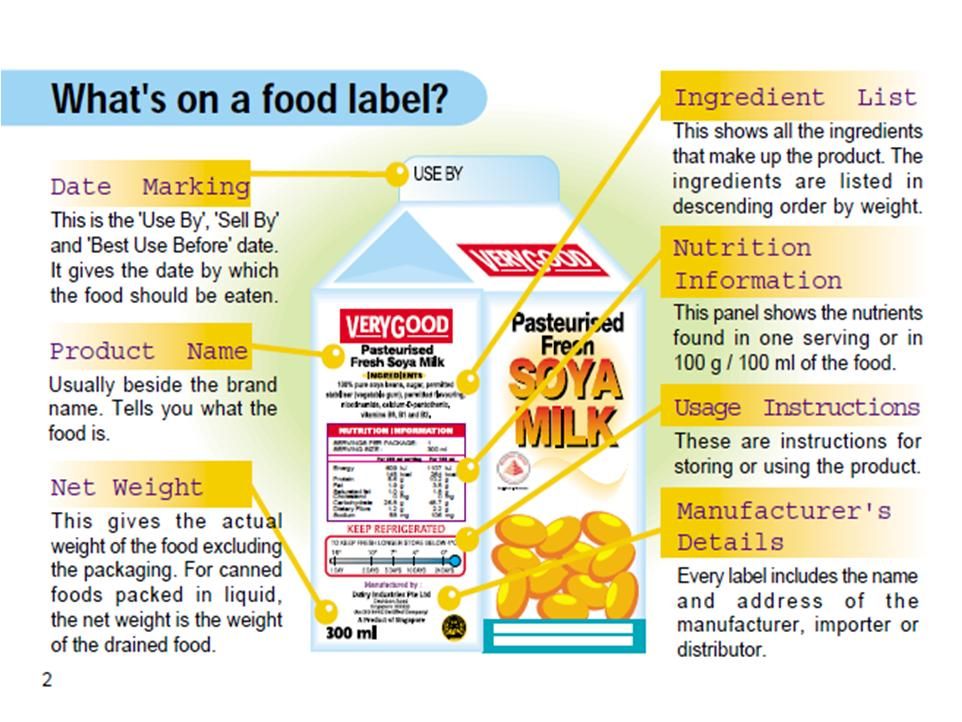 However, you don’t have to worry that you’re going to make your little one sick by feeding them baby puffs a week after their expiration date.
However, you don’t have to worry that you’re going to make your little one sick by feeding them baby puffs a week after their expiration date.
View in gallery
Can You Give A Baby Formula If It’s Expired?
Yes and no. The most formula will begin to decrease in quality as other foods do, but for baby formula in particular this means that the nutrients start to degrade.
If your baby is relying primarily on the formula to satisfy their nutritional needs, those might not be met with a can of expired formula.
However, if you have to feed your little one and all you have is a can that is expired, you don’t have to worry about it making your little one sick. Pick up some that are not expired as soon as possible.
In Conclusion
Most formula and baby food jars are good for a year. If you have anything that is expiring soon or has expired in the last week, make sure to use it as soon as possible. If you’re ever unsure, just remember “when in doubt, throw it out. ”
”
Amber Dixon
My name is Amber Dixon. I am a mother to three wonderful children, and recently welcomed a beautiful grandson into the world as well as into my home. I've learned a great deal about raising children through my own experiences as a mother, but also from several other places. While working at a daycare full time, I learned about childhood development, teaching children, and more. Through earning degrees in Social Work, I was educated about human development, including a great deal about children and childhood development. My education and experience combined have taught me a lot about children of every stage and age, and I hope that I can help you on your journey to becoming the best parent that you can be!
What an Expiration Date Means for Baby’s Food
It’s probably safe to say most of us discerning shoppers go to the supermarket and automatically scan the expiration date on any packaged food before deciding whether it goes into the shopping cart.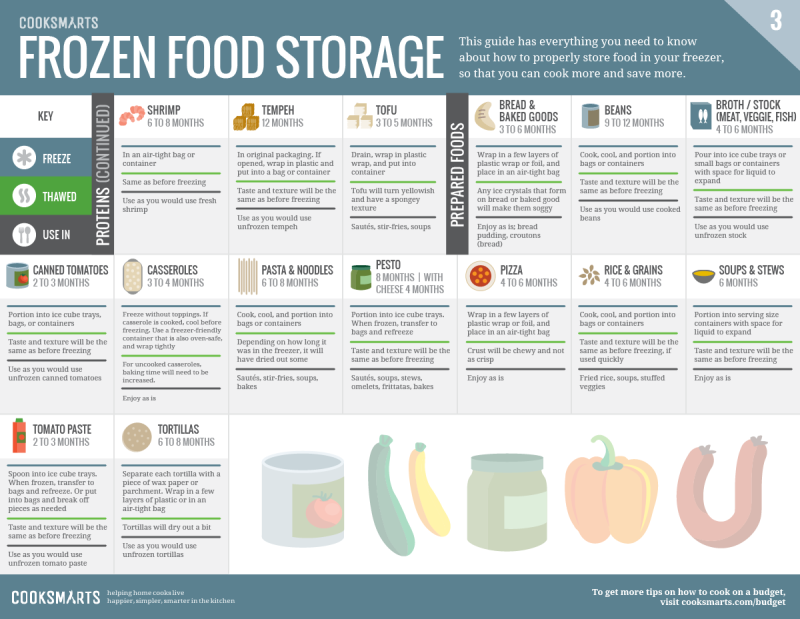 That’s likely doubly true when buying food for your baby or toddler. It’s important to keep an eye on these sell by dates and best by dates, at least to some degree—but experts say you typically have some leeway with the dates once the food comes home and finds a place in your pantry or fridge. Plus, there are different types of expiration dates, and they don’t all mean the same thing. Here’s the real deal on food expiration dates, so nothing has to go to waste before its time.
That’s likely doubly true when buying food for your baby or toddler. It’s important to keep an eye on these sell by dates and best by dates, at least to some degree—but experts say you typically have some leeway with the dates once the food comes home and finds a place in your pantry or fridge. Plus, there are different types of expiration dates, and they don’t all mean the same thing. Here’s the real deal on food expiration dates, so nothing has to go to waste before its time.
How to Read Expiration Dates
With all the different types of food expiration dates, it’s understandable if you’re a bit fuzzy on what each means. While each has something to do with food quality, things get a little nuanced beyond that. But across the board, food sold in the US isn’t required to display any kind of expiration date (with the exception of baby formula)—instead, the best by or use by dates are completely up to the food company. “Manufacturers provide dating to help consumers and retailers decide when food is of best quality,” the US Department of Agriculture (USDA) states.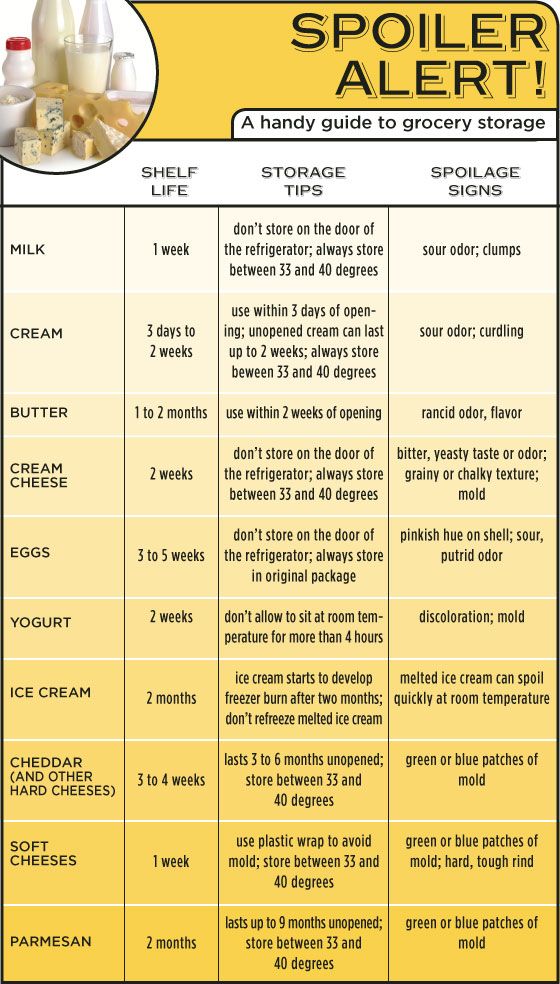 “Except for infant formula, dates are not an indicator of the product’s safety.”
“Except for infant formula, dates are not an indicator of the product’s safety.”
• Best by dates are probably the most common, and they usually mean it’s a good idea to buy and use the product by the date on the label in order to enjoy the food at its highest quality. It doesn’t necessarily mean that past that date, the food is unsafe to consume. “In general, ‘best by’ means you want to use it by that date or soon after, because its quality is going to go down after that,” says Michael Doyle, PhD, a professor of food microbiology at the Center for Food Safety at the University of Georgia.
• Sell by date is a label that’s generally put in place to let retailers know that food is less likely to spoil if it’s sold before a set time, says Benjamin Chapman, PhD, an associate professor and food safety extension specialist at North Carolina State University. If a product isn’t sold by its sell by date, retailers should, in theory, pull it from shelves.
• Use by date is just what it sounds like—you should use a product before you hit this date, which is the last day the food will be at its peak quality. While you may see this date stamp on other foods, the FDA only requires it to be on infant formula.
Food Expiration Dates: What You Can Eat When
Stocking up on food for your kids only to have it sit in the fridge for several days is an all-too-familiar scenario for many of us—but before you toss it, know this: It’s generally safe to feed your child most foods that are a few days beyond their expiration dates and, in some cases, even longer, Chapman says. “If the date passes during home storage, a product should still be safe and wholesome … until spoilage is evident,” according to the USDA. That said, specifics help. Here’s which common baby and toddler foods are and aren’t safe to eat past their expiration date:
• Expired baby formula. Unopened cans of formula generally last a year—and this is the one food you don’t want to serve past its use by date.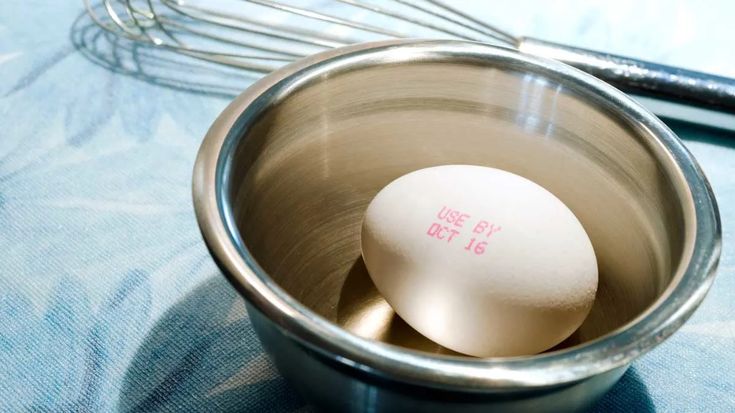 It has nothing to do with food safety, but beyond that use by date, the nutrients in the formula will start to degrade, Chapman says. “Since it’s the only source of nutrition for infants, it’s very important the nutrients are precise,” he says.
It has nothing to do with food safety, but beyond that use by date, the nutrients in the formula will start to degrade, Chapman says. “Since it’s the only source of nutrition for infants, it’s very important the nutrients are precise,” he says.
• Jars or pouches of baby food past their sell by date. After your child eats from a jar or pouch of baby food, any leftovers should be thrown out, especially if you fed baby right from the container (since the saliva can contaminate the food). But if the packages are still sealed, Chapman says you’re fine to use them a few days past the expiration date. The quality of the products past their sell by date will vary, he says, but jars should keep food fresh longer than pouches.
• Cereal and puffs past their best by date. You definitely have some leeway here, especially if the box is unopened. “Cereal can be used much longer than just a few weeks past the expiration date,” Doyle says. The biggest potential issue is that fat in the cereal will oxidize, causing the taste to be a little off.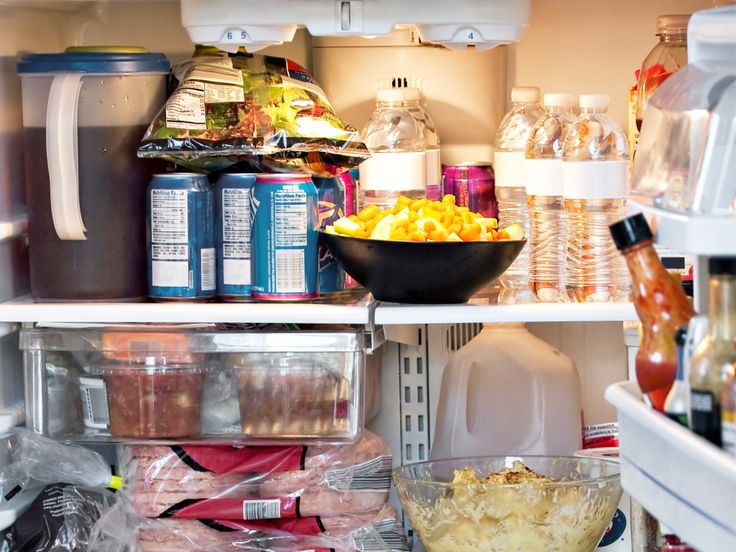 But it’s more likely to go stale than anything else, Chapman says.
But it’s more likely to go stale than anything else, Chapman says.
• Eggs past their expiration date. Eggs are usually good for three to five weeks in the fridge. Salmonella is a potential issue, Doyle says, which is why he doesn’t recommend using them more than a week past their date stamp.
• Milk past its sell by date. How long milk can sit in your fridge depends on how much it’s been pasteurized (ultra-pasteurized milk can last for months, for example), so it’s best to get a general idea by the date stamp, Chapman says. “In pasteurized milk, we don’t often look at it as a source of pathogens, but it goes sour,” he says. If it’s in your fridge and you’re a day or two past the sell by date, you’re probably fine to give it to your kids (provided it tastes okay). “I would have no qualms feeding my grandchildren milk that’s a week past the expiration date,” Doyle says.
• Yogurt past its best by date. You’re perfectly fine to eat yogurt past its expiration date—and usually for quite a while afterward.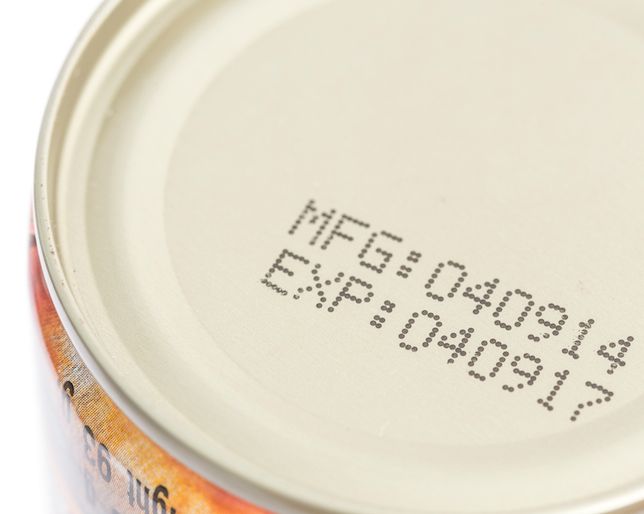 “Yogurt is made from pasteurized milk, so the harmful microbes should [already] be killed,” Doyle says. The biggest concern is that the yogurt might taste tangier the longer you get past the best by date, since acid builds up in it over time. But “a month past is no less safe than if you had eaten it within that best before date,” Chapman says.
“Yogurt is made from pasteurized milk, so the harmful microbes should [already] be killed,” Doyle says. The biggest concern is that the yogurt might taste tangier the longer you get past the best by date, since acid builds up in it over time. But “a month past is no less safe than if you had eaten it within that best before date,” Chapman says.
• Juice past its sell by date. From a food safety standpoint, it’s never a good idea to drink unpasteurized juice, due to the risk of harmful bacteria—and that’s especially true for children. If you were planning to give baby unpasteurized juice, don’t. But if you have a pasteurized apple juice box or orange juice container that’s a few days past the sell by date, you should be fine to give it to your child as long as it’s unopened, Chapman says. And, he points out, “if the juices need refrigeration, they have to stay refrigerated.“
These are general rules for a few of the big foods that babies and toddlers eat. But if you’re not sure if the food you’d usually serve to your child is okay, it’s best to take a pass. “When in doubt, throw it out,” Doyle says. “That’s generally the rule for food safety.”
“When in doubt, throw it out,” Doyle says. “That’s generally the rule for food safety.”
Published September 2017
Please note: The Bump and the materials and information it contains are not intended to, and do not constitute, medical or other health advice or diagnosis and should not be used as such. You should always consult with a qualified physician or health professional about your specific circumstances.
Storage of baby food: terms and requirements for the storage of baby food
09/23/2019 31612
Article content
- The importance of proper storage of baby food
- About the safety of baby food
- Rules for the storage of different types of food
- General storage rules
All parents want to see their baby cheerful, active and healthy.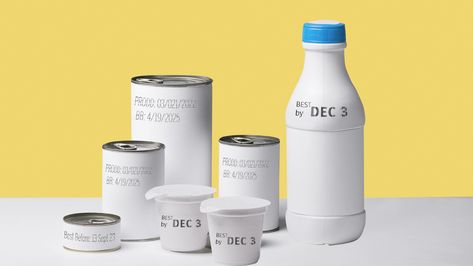 The harmonious development of the child largely depends on the correct and high-quality diet. The market for special baby food is striking in its diversity, and everyone strives to choose the best for the child. But for the safety of the baby and its full development, it is not enough to buy high-quality products. You also need to know how to properly store baby food.
The harmonious development of the child largely depends on the correct and high-quality diet. The market for special baby food is striking in its diversity, and everyone strives to choose the best for the child. But for the safety of the baby and its full development, it is not enough to buy high-quality products. You also need to know how to properly store baby food.
The importance of proper storage of baby food
Warmth, care and attention are necessary for all children. But the child is gradually growing, while he needs to eat varied. And here the question arises: is it possible to save the cooked product until the next feeding? Here it is important to pay attention to the fact that the child's immune system is not yet strong enough, so the storage of baby food should be given special attention. The well-being and health of the baby often depends on the conditions in which and how long they are kept.
About the safety of baby food
In the Russian Federation there is a whole regulation on the safety of food for children - that's what it is called. This document sets out requirements for manufacturers and sellers of children's products related to the protection of children from toxic and chemical substances. This applies not only to baby food produced in our country, but also imported from abroad. That is why when buying infant formula, porridge, puree or other product, you can be sure of its quality and safety. The regulation requires not only correct production, but also packaging, storage of baby food and its disposal:
This document sets out requirements for manufacturers and sellers of children's products related to the protection of children from toxic and chemical substances. This applies not only to baby food produced in our country, but also imported from abroad. That is why when buying infant formula, porridge, puree or other product, you can be sure of its quality and safety. The regulation requires not only correct production, but also packaging, storage of baby food and its disposal:
- Children's products are sold only through special stores or dedicated departments of supermarkets (therefore, it is better to buy them there or at least in a pharmacy).
- Expiration dates are set by the manufacturer, who is fully responsible for the quality of his product.
- Transportation of baby food is carried out in accordance with the requirements of the technical regulations for the transportation of any products.
At the same time, in the production of baby food, a number of conditions must be observed:
- Do not use highly acidic curd products.
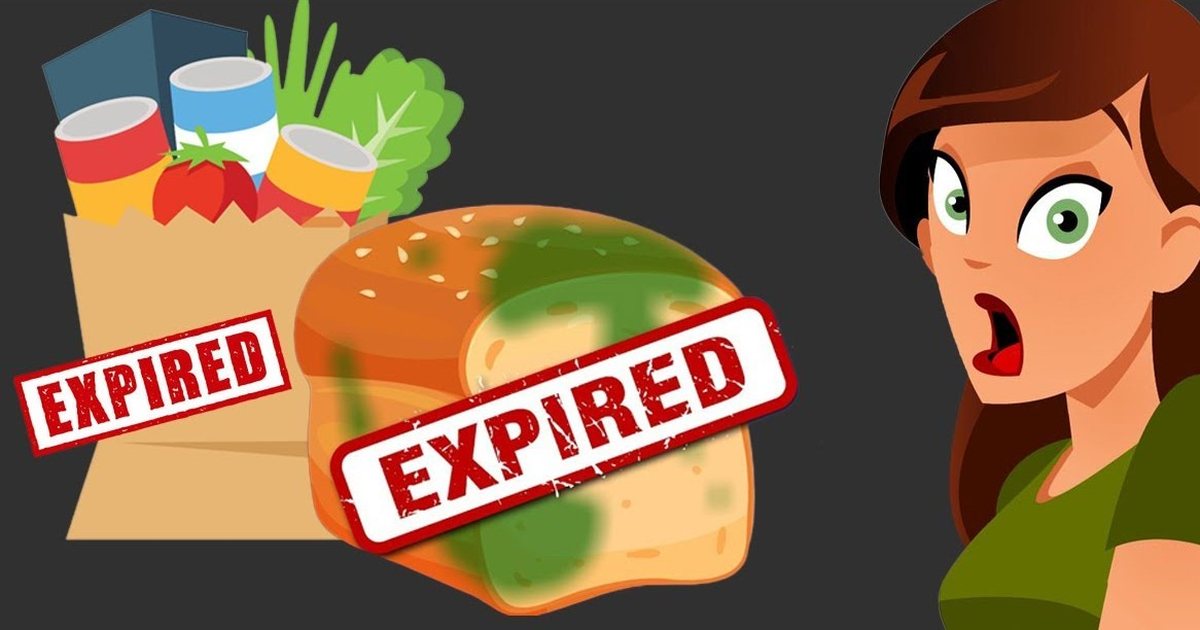
- Do not add soy flour or grains contaminated with impurities.
- Offal is prohibited except for tongue, liver, heart and blood.
- Do not include in baby food beef with a fat content of more than 12%, pork - 32%, lamb - 9%.
- Do not use salted butter or products with a fat content below 82%*.
For a complete list of products prohibited in the production of baby food, you can follow the link attached to the article.
Rules for storing different types of food
Undoubtedly, breast milk is the most valuable and beneficial for a child. But there are situations when a mother needs to leave the house and she expresses milk in order to feed the baby on time. In addition, the child grows, over time he needs complementary foods. Expressed breast milk, formula-fed infant formula and complementary foods require a special approach, and it is very important to know the conditions and shelf life of baby food.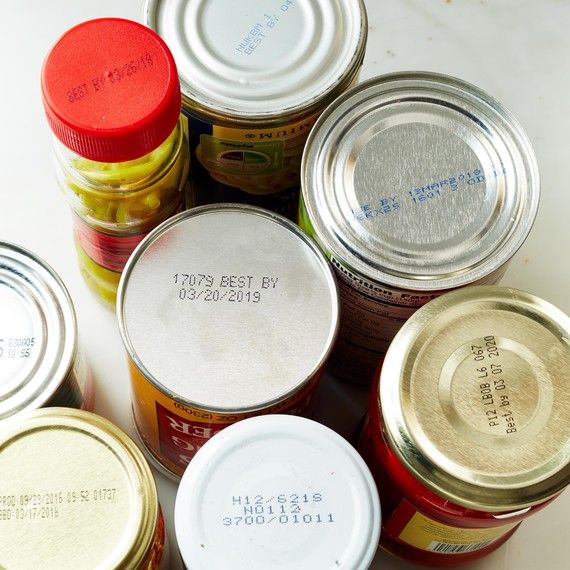
How long can open packages of infant formula and cereals be stored?
This is important!
The shelf life of opened dry infant formula or cereal is limited to 2-3 weeks, sometimes 4 weeks for cereals (depending on the manufacturer - read the packaging carefully). After its expiration, this product cannot be prepared for a child. Dry mixes should be stored in a place protected from light, but not in the refrigerator.
Open jars (packages) of fruit, vegetable and meat puree should only be stored in the refrigerator. And after opening the package, you can eat only within 12 hours **. After the expiration date or 12 hours after opening the package, the product must be disposed of, since it can no longer be eaten. Yes, not only for children, but also for adults.
Also, many are interested in how long home-made baby food, such as freshly prepared vegetable or fruit purees and juices, can be stored. There are two main options to use immediately after preparation (the best) or freeze.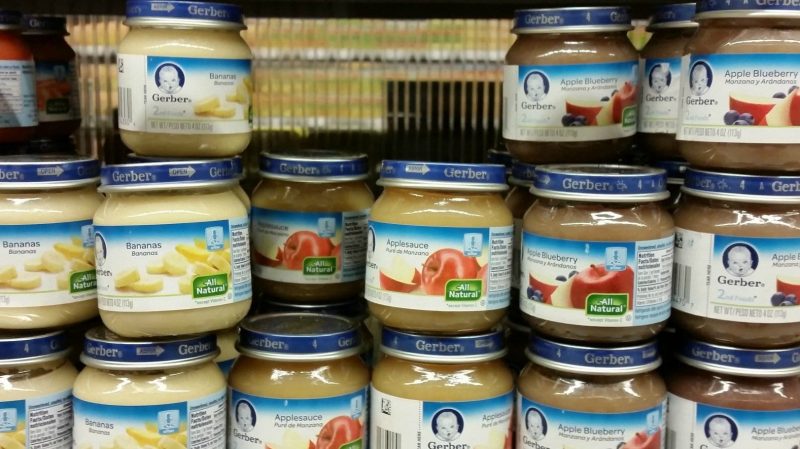 Such a product will also be suitable for eating for 12 hours, after which it will begin to deteriorate. Frozen fruits and vegetables can be stored in the freezer for up to six months, depending on the culture. However, even frozen products have expiration dates, after which it would be wiser to throw them away than eat them.
Such a product will also be suitable for eating for 12 hours, after which it will begin to deteriorate. Frozen fruits and vegetables can be stored in the freezer for up to six months, depending on the culture. However, even frozen products have expiration dates, after which it would be wiser to throw them away than eat them.
General storage rules
A huge variety and affordable cost of products greatly facilitate the worries of preparing complementary foods for children. But along with this, many parents face another problem: where to store baby food? So that the products do not lose their qualities from the influence of external factors, the following basic rules must be observed.
- Hygiene. Be sure to wash your hands thoroughly before preparing food and feeding your baby. The child's dishes should always be clean and stored separately in sterile conditions.
- Storage location. Dry cereals and mixtures should be stored in a ventilated cupboard out of the reach of children.
 In caring for a baby, mothers are loaded with various problems and worries. It is difficult for them to remember everything, so it is recommended to stick a label on each product with the date of its opening. This will help you meet the deadlines.
In caring for a baby, mothers are loaded with various problems and worries. It is difficult for them to remember everything, so it is recommended to stick a label on each product with the date of its opening. This will help you meet the deadlines. - When feeding a child with vegetable and fruit juices, puree or sour-milk products in jars, remember that after breaking the integrity of the package, the use of its contents is allowed on average up to 12 - 24 hours. Different manufacturers may have different terms, read carefully what is written on the label! Be sure to ensure that the integrity of the packaging has not been violated even in the store. Most manufacturers on the jars have a special protection against opening. Fresh puree in jars emits a characteristic “pop” when opened, juices must have either a protective foil film or a special opening mechanism. Unopened jars of juices and purees can be stored in the cupboard, while dairy products should only be kept in the refrigerator.
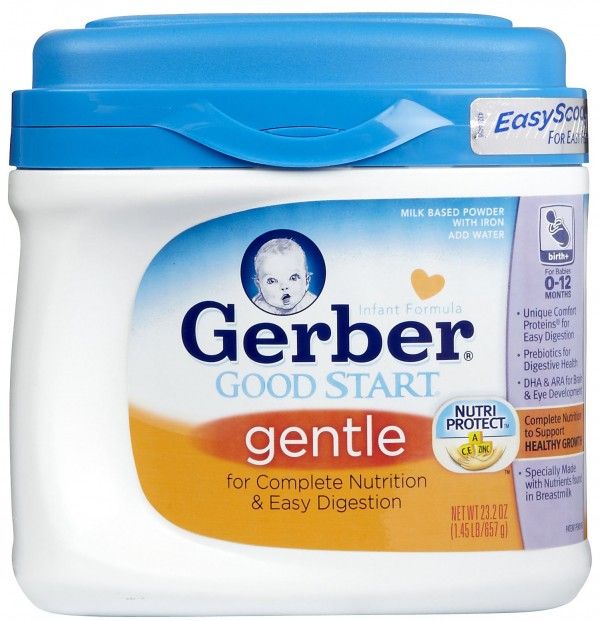
- Containers for storing baby food may be glass or plastic, but must be labeled accordingly, indicating the absence of toxic impurities in the composition of the material.
Food for a child is a source of energy and a guarantee of full growth and development. Therefore, it is very important not only to buy quality products, but also to learn how to properly store them. The health and well-being of the baby, the resistance of his body to the adverse effects of the external environment often depend on this.
*FZ Technical regulation "On the safety of baby food"
**Hygienic requirements for the shelf life and storage conditions of food products. Sanitary and epidemiological rules and regulations. SanPiN 2.3.2.1324-03
(3 ratings; article rating 5.0)
Terms and conditions of storage of baby food
The conditions and terms of storage of RAPs depend on their type and packaging. Since almost all RAPs are preserved by drying, pasteurization or sterilization, they are medium to long shelf life products. Each group of RAP, which differs in production methods, is characterized by certain storage modes that are common to it. However, specific expiration dates also depend on the type of packaging.
Since almost all RAPs are preserved by drying, pasteurization or sterilization, they are medium to long shelf life products. Each group of RAP, which differs in production methods, is characterized by certain storage modes that are common to it. However, specific expiration dates also depend on the type of packaging.
Most RAPs should be stored at a temperature not exceeding 15-25°C and at a relative air humidity (RHH) not exceeding 70-75%. During storage, sudden changes in temperature and RHV are not allowed. RAPs should be stored in clean, dry, well-ventilated warehouses.
Criteria for the expiration of shelf life of medium-storable RAPs are rancidity of fat in grain-based products, as well as a decrease in nutritional, including vitamin, value.
As noted, the expiration dates of RAPs depend on the type of consumer packaging and its condition. RAPs in airtight containers are stored longer than in non-hermetic ones. After opening the package, the shelf life of the PDP is significantly reduced.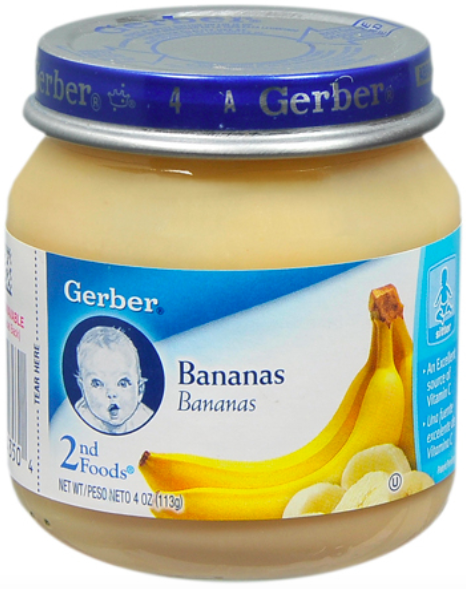
36878
Other news in this section:
- Kinder® chocolate factory in the Kidzania children's park in Moscow
- Experts: Mothers' attitudes towards baby food need to change
- Baby food Materna from Israel
- Rushing to grow up is bad for your health!
- Palm oil in baby food
| Tags: terms , children food , children nutrition , norms |
Articles on this topic:
A small child and solid food
Genetically modified components in baby food
Juice, puree and porridge - that's our health!
Baby food - mothers' opinion contradicts their choice
The importance of different foods in baby food. Meat and fish
Meat and fish
Child nutrition from 0 to 1 year. Breastfeeding
Latest Food News:
- 09:20 Coffeemania Winter Drink Collection
- 09:10 The best sparkling wine of the author's guide Artur Sargsyan was "Imperial" Vintage Brut 2017 from "Abrau-Durso"
- 09:02 Kaluga "Kristall" applied to the Federal Antimonopoly Service for "Jägermeister"
- 12:04 Boris Titov: “Over 10 years, Russian winemaking has become fundamentally different, both in quantity and quality”
- 22:35 Seasonal menu at the Barrel
- 22:24 Jokes are over: what is the danger of being overweight?
- 12:13 New Year's collection of coffeemania desserts
- 23:06 Gastronomic dinner at Cevicheria
- 11:22 Festive dishes to order in the restaurant "Matryoshka"
- 11:07 The Nest bar and jewelry brand LAV'Z are the perfect couple in New Year's collaboration
- 10:57 Caramel New Year in Anderson!
- 10:44 Buying coffee helps kids and parents stay together
- 10:25 31.
 12 PESHI Nutcracker themed New Year's Eve
12 PESHI Nutcracker themed New Year's Eve - 08:18 Turkish New Year at Bochka Restaurant
- 10:56 New Year's cooking at Coffeemania restaurants
see previous
INTERESTING
Ideal Diet for Arthritis
One of the most common questions people with arthritis ask is, "Is there a special diet for arthritis?" Although miraculous...
Read more...
RECIPE FROM THE CHEF
report news
Most read on this topic:
| Age characteristics of nutrition in children and adolescents. Power Features |
| Natural feeding |
| Acidolact |
| Food additives |
| Baby food. |
| THERAPEUTIC CHILD FOOD |
| Menu basics |
| Can't you spoil the porridge with butter? |
| Proper baby food |
| Nutritional value of baby food |
Choose orthopedic slippers
Recipes
|
|
|
| ||||
|
|
|
|
Body
|
|
|
| ||||
|
|
|
|
Body
| Adolescent skin and nutrition |
| Grape seeds for hair growth |
| Food for lips. |
| What food can make your skin beautiful |
| Health and beauty benefits of green tea |
| Anti-aging products |
| Bodybuilding and femininity |
Most read:
| |
| |
| |
| |

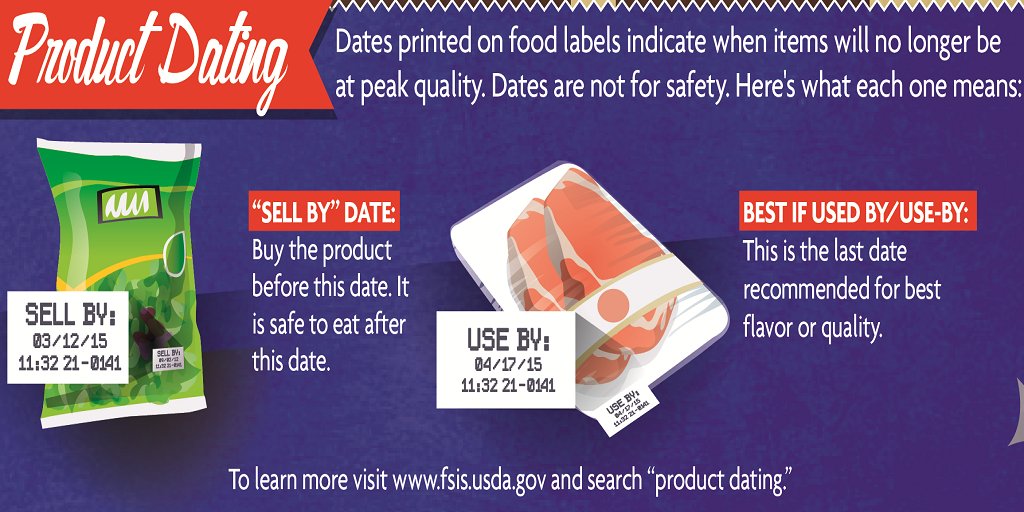 Manufacturers and products
Manufacturers and products 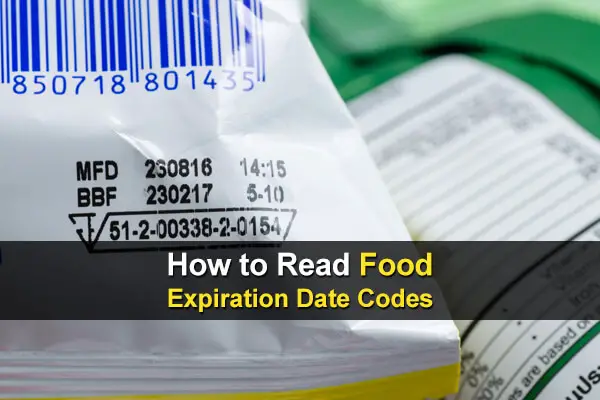 What muscles do we pump during sex?
What muscles do we pump during sex?  Lead in brand name lipstick
Lead in brand name lipstick 